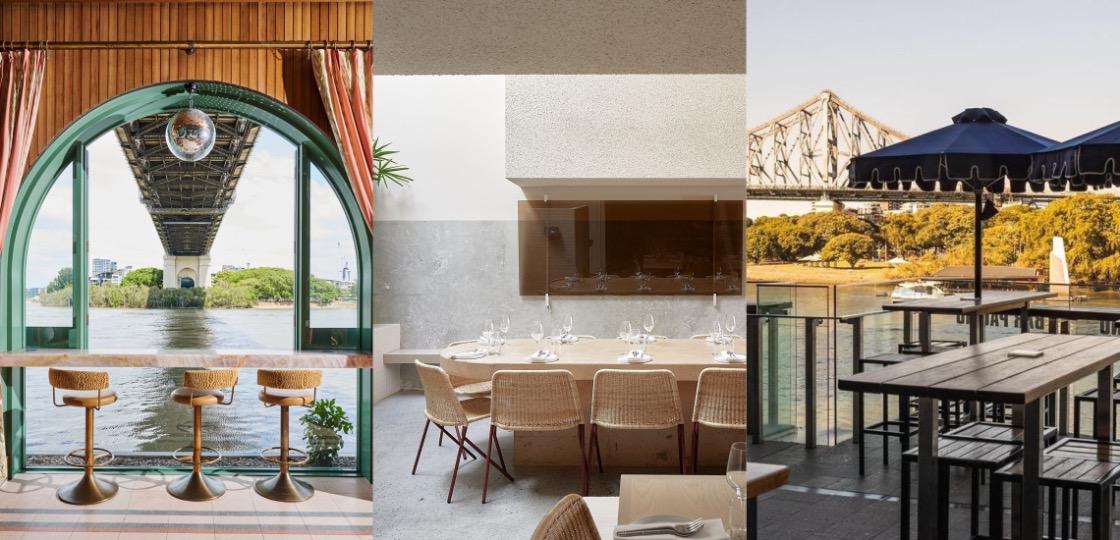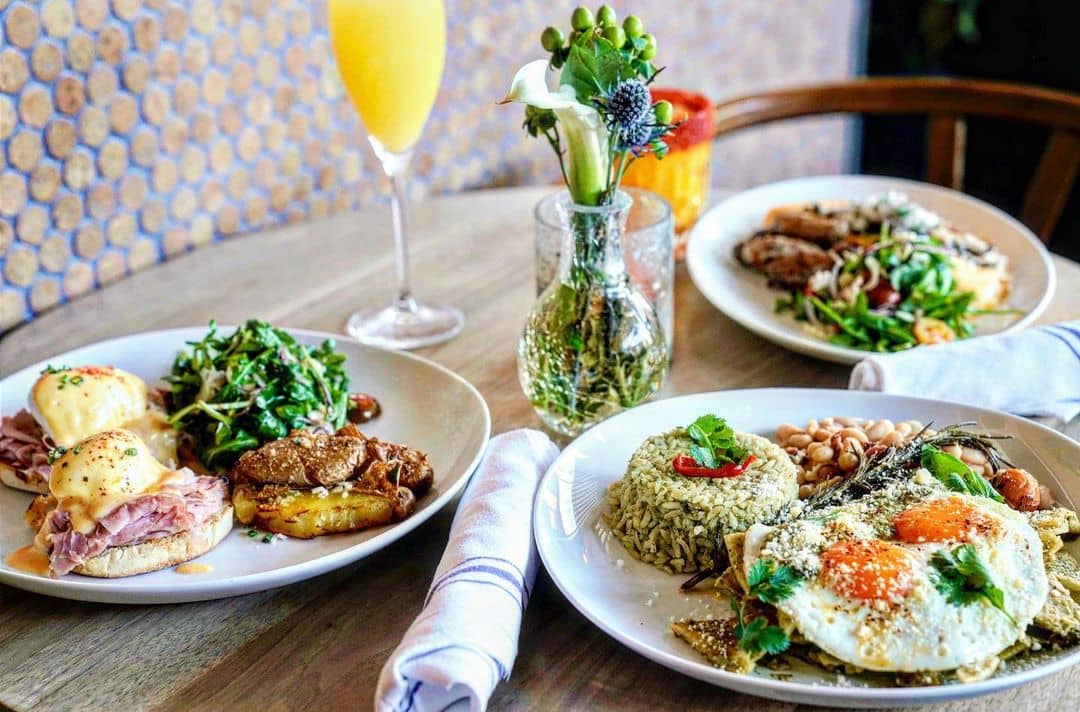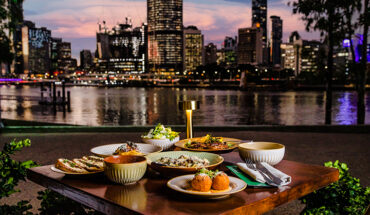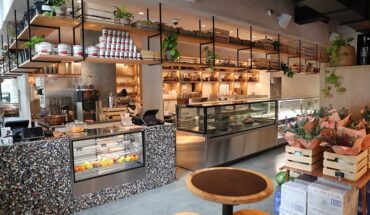Brisbane, the sun-drenched capital of Queensland, is not only known for its stunning river views and vibrant arts scene but also for its burgeoning café culture. The city’s café scene has evolved into a unique blend of tradition and innovation, where heritage cafés steeped in history coexist with contemporary establishments pushing the boundaries of culinary creativity. This article delves into the essence of Brisbane’s café culture, exploring how it balances the old with the new and why it continues to captivate locals and visitors alike.
The Roots of Brisbane’s Café Culture
Brisbane’s café culture has deep roots, tracing back to the post-war era when European immigrants brought with them the tradition of coffee drinking. The influx of Italians and Greeks in the 1950s and 60s introduced the city to espresso machines and the art of coffee-making, laying the foundation for what would become a beloved daily ritual. Cafés like “The Pancake Manor” and “Java Lounge,” established in the early days, became iconic spots where the community gathered to enjoy a cup of coffee and a slice of European-style cake.
These traditional cafés played a pivotal role in shaping Brisbane’s coffee culture, offering a sense of connection and comfort. Even today, some of these heritage spots continue to operate, serving as a testament to the enduring appeal of classic café experiences.
The Modern Café Scene: A Fusion of Ideas
 As Brisbane has grown into a cosmopolitan city, its café culture has embraced innovation while respecting its roots. The modern café scene in Brisbane is characterised by a fusion of ideas, where traditional coffee practices meet contemporary trends. Specialty coffee has become a focal point, with many cafés taking pride in sourcing beans from sustainable farms, offering single-origin brews, and employing skilled baristas who treat coffee-making as an art form.
As Brisbane has grown into a cosmopolitan city, its café culture has embraced innovation while respecting its roots. The modern café scene in Brisbane is characterised by a fusion of ideas, where traditional coffee practices meet contemporary trends. Specialty coffee has become a focal point, with many cafés taking pride in sourcing beans from sustainable farms, offering single-origin brews, and employing skilled baristas who treat coffee-making as an art form.
One such example is “Fonzie Abbott,” a local roaster that has become a staple in Brisbane’s coffee scene. Known for its dedication to quality and innovation, Fonzie Abbott not only serves exceptional coffee but also has a distillery and brewery, creating a unique experience for patrons. This blending of traditional coffee culture with new-age concepts is what sets Brisbane’s café scene apart.
The Rise of Specialty Coffee
 The rise of specialty coffee in Brisbane has been nothing short of remarkable. Over the past decade, there has been a significant shift towards high-quality, ethically sourced coffee. Cafés are now placing greater emphasis on the origins of their beans, the roasting process, and the brewing methods used. This has led to a proliferation of micro-roasters and boutique cafés, each offering a distinct coffee experience.
The rise of specialty coffee in Brisbane has been nothing short of remarkable. Over the past decade, there has been a significant shift towards high-quality, ethically sourced coffee. Cafés are now placing greater emphasis on the origins of their beans, the roasting process, and the brewing methods used. This has led to a proliferation of micro-roasters and boutique cafés, each offering a distinct coffee experience.
“Coffee Anthology” is one such establishment that has garnered a loyal following for its dedication to specialty coffee. Located in the heart of Brisbane’s CBD, this café offers a rotating selection of beans from various roasters, allowing customers to explore different flavour profiles and brewing techniques. The focus on education and transparency in the coffee-making process has elevated the appreciation of coffee among Brisbane’s residents.
Innovative Café Concepts
Brisbane’s café culture is not just about coffee; it’s also about the experience. In recent years, there has been a surge in innovative café concepts that go beyond the traditional coffeehouse model. These establishments are redefining what it means to be a café, offering unique environments and services that cater to a diverse clientele.
For instance, “The New Black” in Fortitude Valley combines art, design, and coffee in a minimalist space that feels more like a gallery than a café. The focus here is on creating an immersive experience where every detail, from the furniture to the coffee cups, is carefully curated. This blending of coffee with other forms of creative expression is reflective of Brisbane’s broader cultural scene, where art and innovation thrive.
Another example is “Pablo & Rusty’s,” a café that has embraced technology to enhance the customer experience. With an app that allows patrons to order ahead and pay digitally, Pablo & Rusty’s has streamlined the coffee-buying process, catering to the busy urbanite. The café also prioritises sustainability, using solar power and offering a range of eco-friendly initiatives, which resonates with Brisbane’s environmentally conscious community.
The Role of Food in Brisbane’s Café Culture
 While coffee remains the star of Brisbane’s café culture, the role of food cannot be overlooked. Brisbane cafés have elevated their food offerings, with many places now serving dishes that rival those of high-end restaurants. The emphasis is on fresh, locally sourced ingredients, innovative recipes, and beautifully presented dishes.
While coffee remains the star of Brisbane’s café culture, the role of food cannot be overlooked. Brisbane cafés have elevated their food offerings, with many places now serving dishes that rival those of high-end restaurants. The emphasis is on fresh, locally sourced ingredients, innovative recipes, and beautifully presented dishes.
Cafés like “Morning After” in West End have become famous for their brunch menus, which feature creative takes on classic dishes. Their “Green Eggs & Ham” is a modern twist on a breakfast staple, combining poached eggs with pesto and prosciutto, served on sourdough bread. This focus on quality food has made Brisbane cafés popular not just for coffee but as dining destinations in their own right.
Community and Connection
At the heart of Brisbane’s café culture is a sense of community and connection. Cafés serve as social hubs where people come together to catch up with friends, hold business meetings, or simply take a break from the hustle and bustle of city life. This sense of belonging is particularly evident in neighbourhood cafés, where regulars are greeted by name and the barista knows their order by heart.
“Scout” in Paddington exemplifies this community spirit. Known for its cosy atmosphere and friendly staff, Scout has become a local favourite, where people feel at home. The café often hosts events such as book clubs and live music nights, further strengthening its role as a community gathering spot.
The Future of Brisbane’s Café Culture
As Brisbane continues to grow and evolve, so too will its café culture. The future is likely to see even more innovation, with cafés exploring new ways to enhance the coffee experience. Whether through technology, sustainability, or creative collaborations, Brisbane’s café scene is poised to remain dynamic and diverse.
 However, amidst all this innovation, the city’s cafés will continue to honour the traditions that laid the foundation for today’s culture. The balance between old and new, tradition and innovation, is what makes Brisbane’s café scene truly unique. As more people discover the joys of coffee culture in Brisbane, the city’s cafés will undoubtedly continue to thrive, offering a blend of history, creativity, and community.
However, amidst all this innovation, the city’s cafés will continue to honour the traditions that laid the foundation for today’s culture. The balance between old and new, tradition and innovation, is what makes Brisbane’s café scene truly unique. As more people discover the joys of coffee culture in Brisbane, the city’s cafés will undoubtedly continue to thrive, offering a blend of history, creativity, and community.
Conclusion
Brisbane’s café culture is a testament to the city’s ability to blend tradition with innovation. From heritage cafés that have stood the test of time to modern establishments pushing the boundaries of what a café can be, Brisbane offers a diverse and vibrant coffee scene. Whether you’re a coffee connoisseur or simply looking for a place to relax, Brisbane’s cafés provide something for everyone. As the city grows and changes, its café culture will continue to be a defining aspect of life in Brisbane, celebrating the best of both the old and the new.




